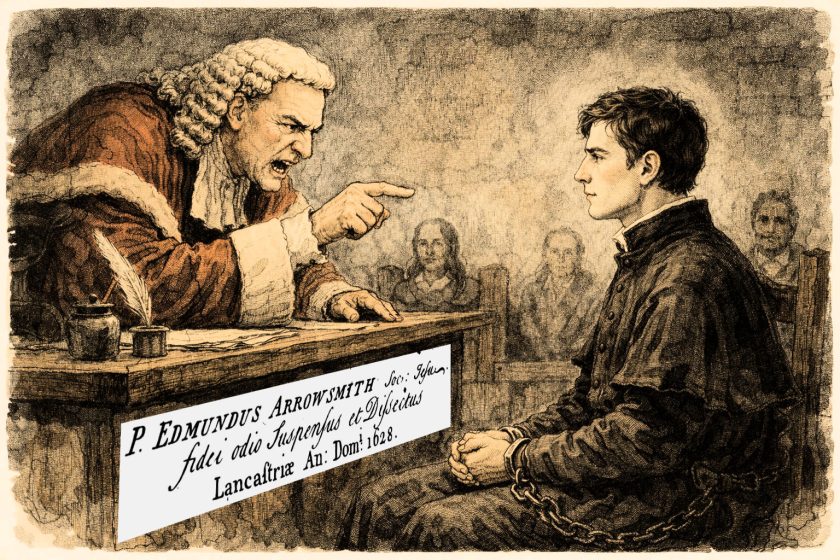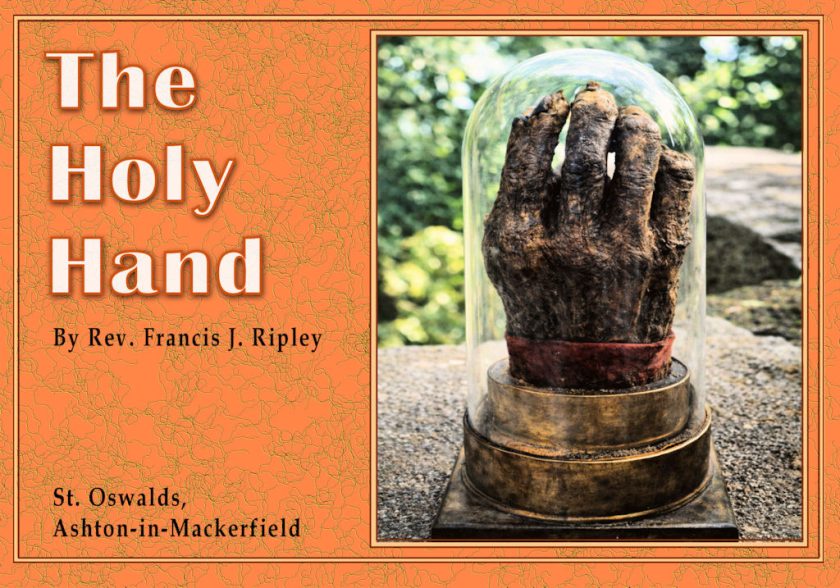“THE FIRST RACE.”
The numbers are going up for the first race. How am I going to describe it? It was fifty years ago, and thats a tidy while to throw ones mind back. Anyway, Ill try. It is the Golborne Park Stakes, I believe ; it doesnt matter if it isnt. A five furlong race, and they are going to start from the Red House.
The shouts from the bookmakers are deafening: ” Even money the field. Even money the field. Three to one bar one. Three to one bar one. Even money the field. Four to one Nightcap. Six to one Chapeltown. Six to one Chapeltown.” These are the calls you hear from almost all the bookmakers for the first few minutes.
The tick-tackers are busy now. Their calling is a work of art; each can do his job, and the bookmakers understand them. Their job is to get to know what they are backing in the big-priced rings, then, as they stand on a box, signal by motioning with their hands and arms the odds of the favourites from one ring to another, and also across the course to the various bookmakers. If the favourite is being well backed its price is shortened, and then you hear the bookies calling: ” Ill take six to four Cream o Tarter” (the favourite); ” Four to one bar one “; Four to one bar one.” “Eight to one Chapeltown.” “Eight to one Chapeltown.” “Twenty to one bar three.” “Twenty to one bar three.” “Ill take six to four Cream o Tarter. “Here, Ill lay five to one bar one.” “Five to one bar one.” The five to one bar one goes to show that Cream o Tarter is a red-hot favourite. The shouting goes on incessantly, and as loud as human lungs can shout.
In the middle of the course the favourite, Cream o Tarter, is not backed in the same proportion as it is in the ten-shilling and five-shilling rings. What I mean to say is, that the gamblers in the centre of the course do not believe in buying money, and when a favourite is odds-on, it amounts to that. No, they would sooner have a shilling on an outsider, than lay six shillings to win four, providing, of course, the favourite won. So you see there is far more money on the outsiders, in the free portion of the course (the middle) than on the favourite.
In those days there were no starting gates, flags were used to start them off. One man stood with a red flag, and as the horses were lined up and approached him, down the red flag would go, but it didnt constitute an official start until the white flag (which was held by the starter a short distance further up the course) went down. Now, if you want to hear real silence and, at the same time, be surrounded by thousands of live human beings, go to a race meeting. I notice Ive written?” to hear real silence “of course, you cant hear silence, but you know what I mean.
Just as the horses are gathered together to start, a deathlike silence reigns supreme throughout the whole concourse of spectators. You dont even hear the shout of ” Ices.” It is as though all are saving their breath until the flag goes down then you hear one mighty shout: “THEYRE OFF!”
I will relate to you a little anecdote here which I can vouch for, and I dont think it will be out of place.
In the year 1861 a certain young man walked from Warrington to Newton Race Course to back a certain horse, and he was going to put a sovereign on it. Friday was the day he walked, and this horse had to win, because he was going to be married on the Saturday at St. Pauls Church, and all he had in the whole world was a pound. Fancy a young man, only nineteen. years of age, risking all he had on a horse race! And I know he didnt understand horse-racing at that time, at any rate, as you will see. He had been given a good tip, and his idea was to put on it all he possessed, in order to increase it to three or four pounds, so that he could get married in comfort. He arrived on the racecourse in good time, and as soon as the betting opened out at ” Three to one the field,” he put his sovereign on the “tip” he had been given, and it turned out to start a hot favourite. In fact, you had to lay two to one at the finish. Of course, this young man had got his money on early, and stood to get four pounds. I can just imagine the state of mind this young man would be in, because I had a lot to do with him some years after. It was the first bet on a race horse he had made, and it was some years after before he had another bet. It was only natural for him to stand beside the bookmaker in case of him. being a ” welsher.” The race started and, as usual, the bookmakers had their field-glasses on the horses, at the same time calling out the positions of the various horses, and how they were running at the various stages of the race.
When the horses came round the bend and entered the straight for the winning post, this young mans bookmaker called out: “The favourites walking it. “Then this inexperienced young man (to the amusement of those around), shouted at the top of his voice: “For Gods sake, mister, tell it to run.”
He drew his four pounds; got married, and lived happy ever afterwards.
Now, dont think because this little story is finished by the young man living happy ever afterwards, it is not true. It is true. If that horse had lost and the young man had changed his mind with regard to his marriage, I am certain I should never have seen the light of day, and enjoyed the very happy life, I have up to now lived. I was just thinking that some of my readers who know me (but not too well) would say: “You ought to be happy as you have nothing to trouble you. You are your own boss and you can go fishing when you like.”
True enough, I know, but it was just out of the fullness of my heart that I wrote: I have enjoyed a very happy life, for which I render my thanks to God. All the same, I know what trouble is, and I firmly believe that no man, or woman, can enjoy a real, happy life, unless they know what real trouble is. There are different kinds of happiness and trouble. The passing away of anyone or anything you love is one kind of trouble, and to be loved, even if it is only in your own family circle, is one kind of happiness you can enjoy.
We will now go back to that part of my story where they ” are off,” and a good start it is.
Different calls can be heard from the bookies as they have their field-glasses fixed on the horses: “Chapeltown is making the running “; ” Star of Eve is second “; ” The favourite is lying handy “; “Golden Dawn is among them ” ; “Nightcaps in a good position.” These are some of the many calls you hear as the horses race along. They have now turned the corner and are in the straight for home. Talk about excitement! There is no doubt you see it with a vengeance at a race meeting. As the horses turn the corner, the one that has the rails always has a chance to win, and in this case up goes the shout: “The favourites beaten.” “Its odds on Chapeltown.” ” Nightcaps coining.” ” So is Star of Eve.” ” Its anybodys race.”
The favourite, Cream o Tarter, is on the outside, and from the position where we are, he appears to be well out of it, but from the other side of the course (the ring side) he would appear to be holding his own. The horses are now nearing the winning post, and louder still shout the bookies: ” Chapeltown wins,” ” Chapeltown wins.” Chapeltown, who has the rails, seems a certain winner until a tremendous shout goes up: ” The favourite romps home.” “Lombard Street to a china orange on Cream o Tarter.” “Cream o Tarter,” “Cream o Tarter ” in a canter,” you can hear from all around, and sure enough, Cream o Tarter wins the race.
Now I have tried to describe to the uninitiated, in an amateur way, some of the things you hear and see during an ordinary race at an ordinary race meeting.



